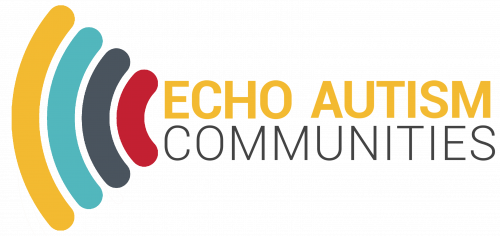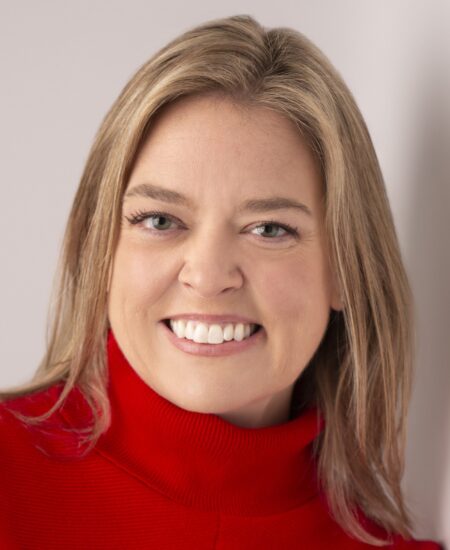
ECHO Autism Communities Symposium



For Health Professionals, Advocates, and Autistic Individuals
“The ECHO Autism Communities Symposium unites professionals and advocates globally around key concepts to ignite important conversations and take action together. Learn from leading experts as we engage in empowering ourselves and each other through knowledge, practice, and advocacy.”
– Dr. Kristin Sohl
At our free symposium events, experts and participants learn together about specific topics to enhance services, access, care, and advocacy within the autism community.

Symposium 2025
Symposium Graphics
Symposium Videos
Welcome & Opening Remarks l Kristin Sohl, MD
Unifying Care: Embracing Diverse Expertise to Address Intense Behavior l Matt Siegel, MD
Everyday Supports for a Vibrant Autistic Life (A Japanese Garden Framework) l Lindsey Nebeker
Listening to the Spectrum: See Possibilities in All Abilities | Clinicians Share Their Insights l Stephen Shore, Ed.D. | Joy Johnson, M.ED., M.S., BCBA, LBA, IBA | Janet Schwartz-Micheaux, PhD, LP | Amber Kovach, LMHC
Navigating Behavior: Effective Approaches for Home and School Settings l Jennifer DeLaporte, BCBA, LBA
Understanding and Addressing Feeding Issues in Autism Spectrum Disorder l William Sharp, PhD
Voices of Siblings: Insights on Profound Autism l Amy Ursitti, Cassie Stevens, Fernanda Castellon, PhD
Closing Remarks l Kristin Sohl, MD
Symposium 2024
- “Sincerely, Your Autistic Child” Amplifying Perspectives Across the Lifespan and Across the Spectrum | Morénike Giwa Onaiwu, PhD
- Equitable Access to Global Autism Evaluations | Catherine Lord, PhD & Somer Bishop, PhD & Valeria Nanclares, PsyD & Lonnie Zwaigenbaum, MD
- Neurodiversity | Maya Moody, DO
- Behavior As Communication | Rena Sorensen, PhD
- Listen to the Spectrum: See Possibilities in All Abilities | Stephen Shore, EdD & Arielle Speer, LICSW & Kris Guin & Nicole Noblet
- Autism and Trauma | Jamie Scaccia, PsyD
Symposium Graphics
Symposium 2022
- Welcome & Opening Remarks | Kristin Sohl, MD
- Secret Agent Society – Cracking the Code of Social Encounters | Renae Beaumont, Ph.D.
- The September 26th Project | Kelly Bermingham, MA, BCBA
- Listen to the Spectrum Panel | Stephen Shore, Ed. D & Haley Moss, J.D. & Paul Kotler
- Weathering Autism and Relationships | Lindsey Nebeker & David Hamrick
- No Time to Waste: Prioritizing Mental Health for People on the Autism Spectrum | Brenna Maddox, Ph.D.
- Intersectionality between Racism & Ableism – A Key Conversation | Yetta Myrick, BA & Catherine Miller, MEd, LPC & Patrina Dixon, CESP & Pedro Velasco
- Global Policy and Advocacy – Hot Topics and Current Initiatives | Lorri Unumb, J.D.









